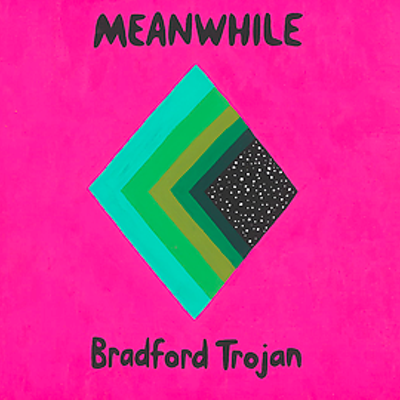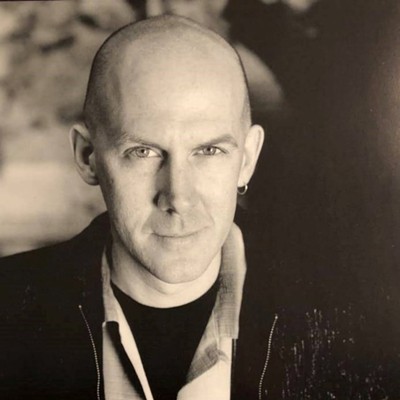There's no debating the fact that Tucson has an overabundance of talented musicians. You can't walk down the street without bumping into one. Pop, rock (and its various sub-genres), blues, classical, jazz, hip-hop, electronic, folk, country, and all sorts of Latin styles are well represented here. For my money, with few exceptions, there's no other city that touches us in terms of the quality of innovation and creativity. And it keeps getting better.
As a fan and a concert reviewer for this newspaper I go to at least two shows a week, the majority of them by local artists, and I have a new favorite act all the time. But it's far too often that I attend a concert in which I'm one of just a handful of people watching it, and that's a shame. It's rarely because the music is bad, and since the music is typically exceptional, why is there an empty house?
The responsibility lies with us music fans, the venues, and the performers.
But I want to address the performers here. You spend so much time, effort, and money perfecting your art, buying equipment, paying to have your songs recorded—you put your entire life into this and then barely anyone is at your show. As we all know, nothing is guaranteed, and even though the general public and the venue you're playing at are just as integral to this as you, there are some things you can do (and the majority already do) to deliver your gift and talent to more people.
I talked to Chris Halvorsen, a longtime employee of The Flycatcher (formerly Plush) and member of the fantastic local rock band Brass Tax, and Andrew Gardner, who has organized most of the events that have taken place at Solar Culture since its doors opened and a member of the equally fantastic local rock band La Cerca. They were kind enough to pass along some pointers.
You have a show booked: Make an event page on Facebook and invite your friends. Again, most of you do this already, but for those who don't, it takes a fraction of the time you spent creating your music. This is the most effortless way to get the word out.
"When you perform you are sharing," Gardner told me. "We want as many people as we can to enjoy our music. We have to honor these moments and make these events special. And if we play too much we lessen our worth until it's nothing special at all."
Which brings us to our next point: Performing too often is as detrimental as not performing at all. That's when people start saying "Oh, we'll just catch you next time." For a local act, one show per month is good and one show every two months is better.
Halvorsen was very informative about the contextual aspect of being support for a touring band, explaining that "a ton of small time touring bands come through town, and they're building up their audience. For the local bands opening, if they don't promote, the touring band (who nobody knows about) doesn't get a chance to get their music heard." This also means the touring band doesn't make money, which means the prospect of them returning (and being able to afford to get to their next show) becomes slimmer.
Whether that matters to anyone is dependent on the quality of each particular act's music. Halverson brought up the most significant point here with this example, which is if nobody's at your concert, you don't make money and the venue you're performing at doesn't make money. When this happens often enough, and it has happened more times than one can remember, the venue can't afford to stay in business, and that's one less place to play your music. None of us like it, but performing music even at its smallest level locally is competing for a share in a marketplace.
The venue holding the event is just as responsible for promotion, but the best attitude that an artist can have is to retain as much control over their art as possible, and this includes how you present and promote yourself to the public. We want to hear your music as much as you want to play it. Don't forget to tell us about it.










